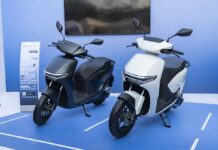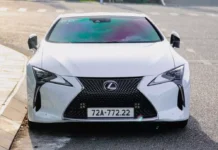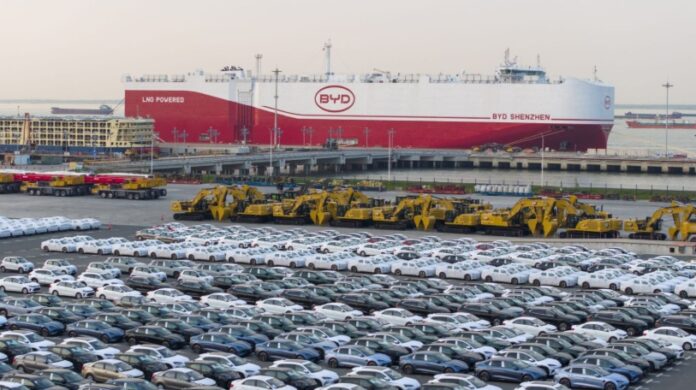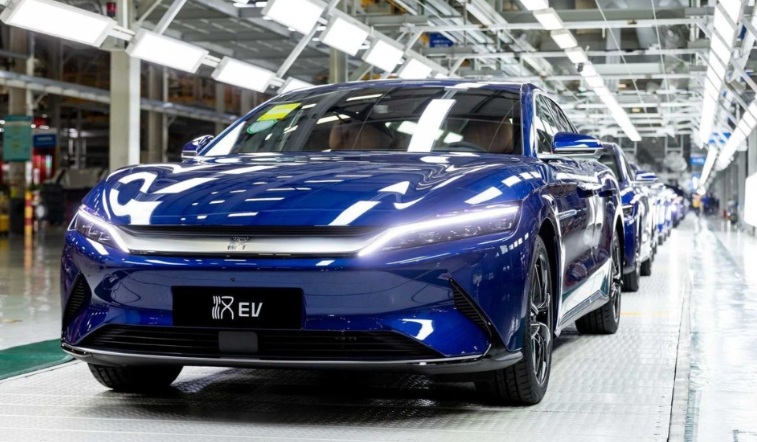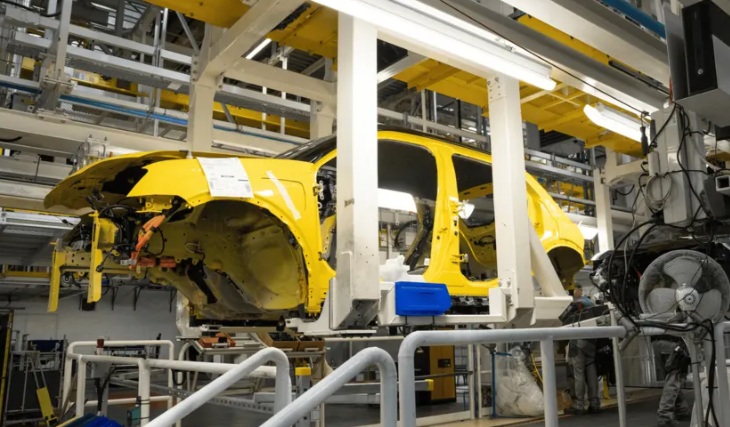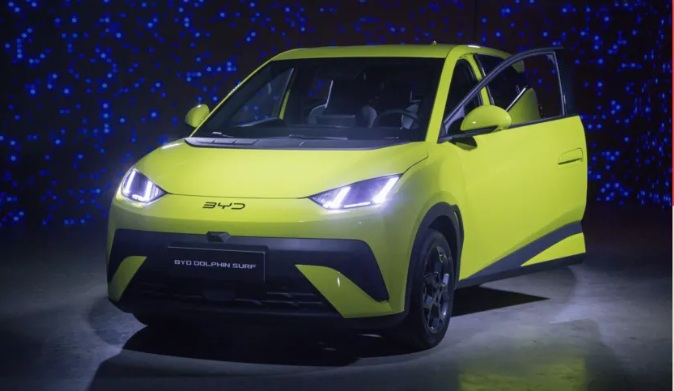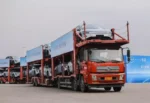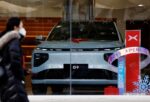The prolonged price war, excess capacity, and fierce competition are posing challenges to the profitability of most electric vehicle brands in China, despite the market’s rapid growth. This situation is expected to persist for at least the next five years.
According to a recent report by AlixPartners, a consulting firm, China is home to 129 electric vehicle (EV) brands operated by approximately 50 automakers. However, only 15 of these brands are forecasted to turn a profit by 2030, which is less than 12%.
This small group of brands is predicted to hold up to 75% of the EV market share in mainland China in the coming years. The report emphasizes that the new energy vehicle market in China is one of the most competitive in the world, with manufacturers constantly engaging in price wars and technological innovations while facing the continuous emergence of new brands.
If the price reduction trend continues in the coming years, AlixPartners warns that the number of profitable EV brands in China by 2030 could drop to single digits. This is despite the strong growth in EV sales, which are expected to account for 76% of new car sales in China, or 20 million vehicles, by 2030.
However, behind this impressive growth lies a concerning reality: the market is facing excess production capacity. Chinese factories have the potential to produce up to 20 million electric vehicles annually but are currently utilizing only about 50% of their actual capacity.
This has led to intense price competition among brands to gain market share. In the last week of May alone, according to the 21st Century Business Herald, there were price reductions on 70 electric and gasoline-powered vehicle models, partly due to taking advantage of government support programs.
Currently, only three major electric vehicle manufacturers in China are reporting profits: BYD, the world’s largest electric vehicle manufacturer; Li Auto, Tesla’s main competitor in China; and Aito, a brand backed by Huawei.
Mr. Stephen Dyer, co-head of AlixPartners’ China region and head of Asia Automotive, believes that the price competition is leading to a “natural selection” process in China’s EV market. Smaller brands selling less than 1,000 vehicles per month may be eliminated in the coming years due to their inability to compete on price, technology, and production scale.
The Chinese government continues to maintain some stimulus policies, including a vehicle replacement program, offering subsidies of 20,000 yuan (over 73 million VND) for each new electric vehicle and 15,000 yuan (54.8 million VND) for gasoline vehicles. Additionally, electric vehicles are still exempt from the 10% consumption tax, giving them a cost advantage over traditional vehicles.
However, many experts believe that this support may not last indefinitely and will not be enough to save inefficient brands without fundamental changes in their business models and technological capabilities.
Beyond the domestic market, AlixPartners also forecasts that Chinese EV manufacturers will increase their production in Europe by an additional 800,000 vehicles per year by 2030. However, their expansion plans into foreign markets, especially the European Union (EU), are facing significant barriers.
From October 2024, Chinese-made electric vehicles will be subject to additional import taxes ranging from 17% to 35.3% following an EU investigation into allegations of unfair government subsidies. This could significantly impact the export ambitions of Chinese automakers and force them to adjust their global expansion strategies.
While China remains at the forefront of the global electric vehicle market in terms of scale and growth rate, the challenges of profitability, excess capacity, and price competition are driving the need for industry restructuring. With only a handful of brands likely to survive and thrive, China’s EV market is entering a brutal phase of consolidation, where only those with strong technology, cost efficiency, and global strategies will prevail, while the majority will be forced out of the game.


